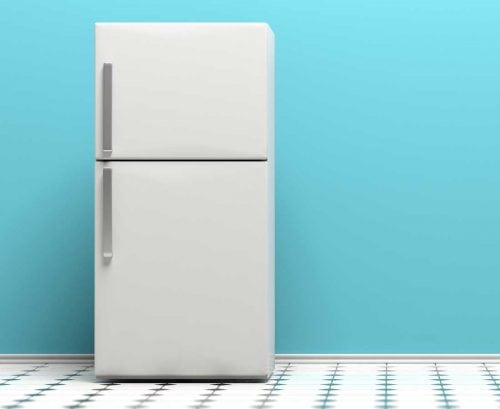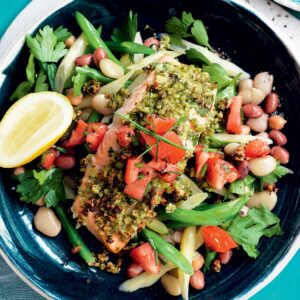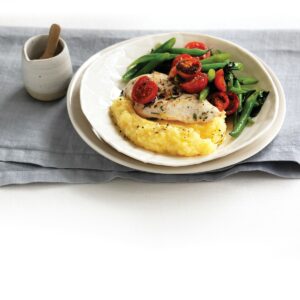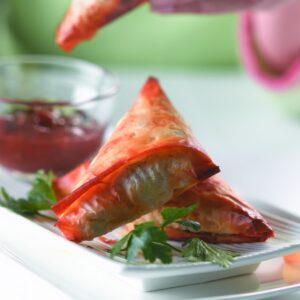
For the latest coronavirus advice click here
As people try measures against coronavirus transmission, such as cleaning and sanitising their groceries to remove any potential droplets on surfaces, many are wondering if freezing or refrigerating their shopping is enough to kill the virus. Healthy Food Guide editor Jenny de Montalk finds out.
Washing groceries has become the new normal in many households, in an effort to avoid picking up the coronavirus from surfaces brought in from supermarkets and food stores.
The length of time coronavirus may stay on surfaces
There are reports the new coronavirus, and others similar to it, can last on different surfaces for varying lengths of time – up to 24 hours for cardboard and 2-3 days for plastic and stainless-steel surfaces.
There has been no evidence, so far, of people contracting the virus via their grocery shopping, but most advice is to err on the side of caution.
Food handling during the coronavirus pandemic
This means using good food handling practices, hand hygiene, cough and sneeze etiquette, and taking the time to wash and dry grocery items brought into the house or leaving non-perishable items outside the home in a garage, car or porch for around 72 hours.
Cooking food for 30 minutes at a temperature above 60°C is also likely to kill the coronavirus, based on experiments with the similar SARS virus.
But what about cold temperatures?
Does freezing kill coronavirus?
Healthy Food Guide asked microbiologist Siouxsie Wiles if freezing or refrigerating groceries can kill the virus.
“The answer is, not likely!” Dr Wiles says.
Because the coronavirus is new, there hasn’t been extensive research into this area but, based on the way other coronaviruses behave, freezing and refrigeration do not kill them straight out.
Freezing and refrigeration can slow the growth of bacteria in food and is important to prevent food-borne illnesses, but that doesn’t mean it works for preventing the transmission of coronavirus.
If you’re concerned about coronavirus droplets on the surfaces of your groceries, wash them well with soap and water and dry them with disposable paper towels.
We know soap and water break down the fatty membrane of the virus making it, basically, fall apart and die, so washing is the best option to keep your peace of mind.
Head here for more detailed advice on advanced hygiene practices and to find out how to handle your fruit and vegetables.
The bottom line
Freezing and refrigeration are unlikely to kill any potential coronavirus on the surfaces of your groceries. While there is no evidence that anyone has caught coronavirus from their groceries, washing items in soap and water can kill the virus. Cooking your food at 60°C or more for 30 minutes or more is also likely to kill coronavirus.
For more on coronavirus on food surfaces you might be interested in: Can you catch COVID off imported food?
Article sources and references
- Dr. van Doremalen, Mr. Bushmaker, and Mr. Morris. Aerosol and Surface Stability of SARS-CoV-2 as Compared with SARS-CoV-1. New England Journal of Medicinehttps://www.nejm.org/doi/full/10.1056/NEJMc2004973?query=featured_home
- Influenza Food safety issues. World Health Organizationhttps://www.who.int/influenza/resources/documents/food_risk_h5n1_11_2005/en/
- K. H. Chan ,1 J. S. Malik Peiris,1 S. Y. Lam,1 L. L. M. Poon,1 K. Y. Yuen,1 and W. H. Seto1. The Effects of Temperature and Relative Humidity on the Viability of the SARS Coronavirushttps://www.hindawi.com/journals/av/2011/734690/
- Coronavirus Disease 2019 (COVID-19). Frequently Asked Questions. Centers for Diease Control & Preventionhttps://www.cdc.gov/coronavirus/2019-ncov/faq.html
www.healthyfood.com










